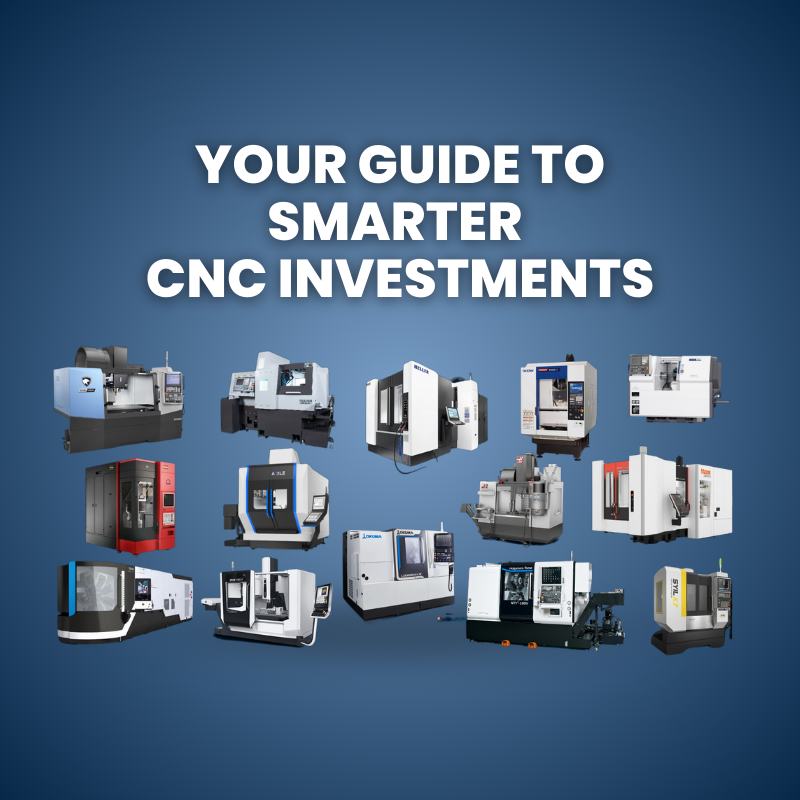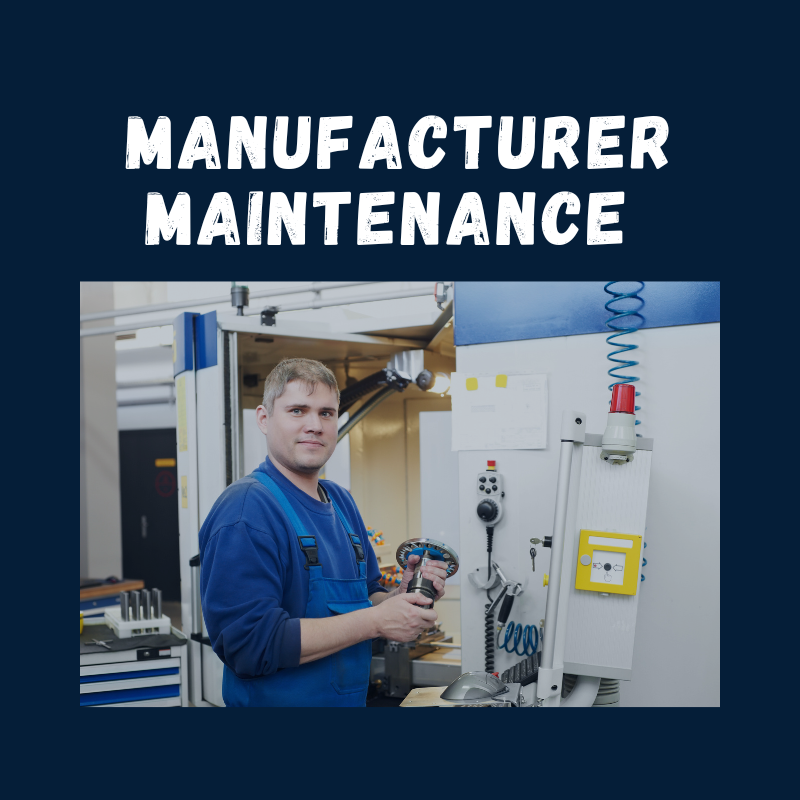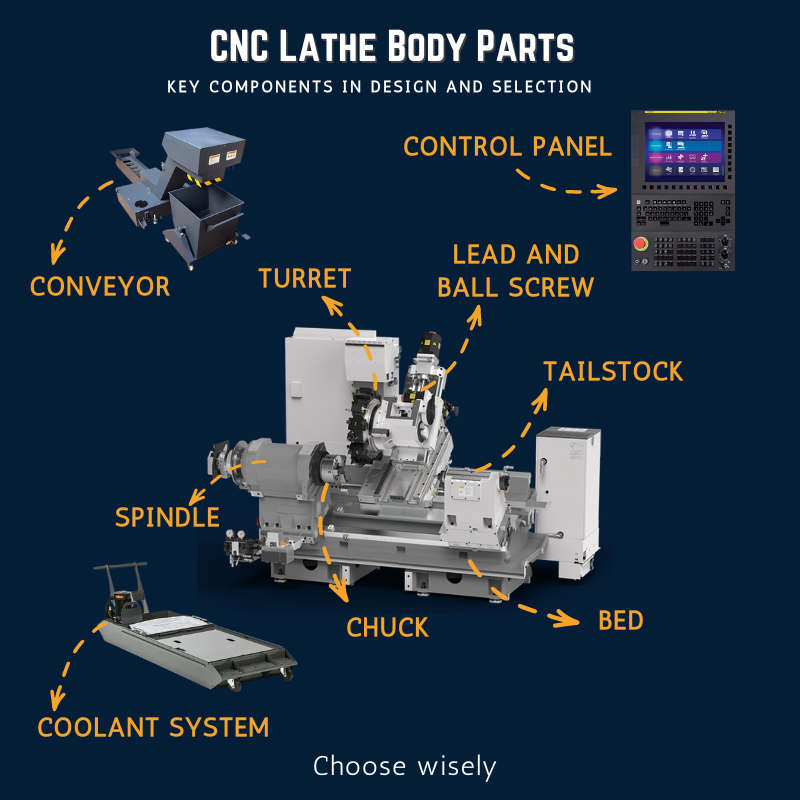Ensuring your CNC machine is installed on the right foundation is very important for its performance and longevity. Understanding the necessary concrete thickness to support the weight of your machine can prevent costly damages and ensure optimal functionality. Let’s dive into how you can determine the appropriate concrete thickness for your CNC machine.
The required concrete thickness for a CNC machine typically depends on the machine's weight and vibration levels. On average, a concrete thickness of 6 to 12 inches (150 to 300 mm) is recommended for most CNC machines. However, for very heavy or high-precision machines, a thickness of up to 24 inches (600 mm) may be necessary.
Choosing the correct concrete thickness involves more than just the machine's weight; it also requires considering factors such as machine vibration and floor conditions. Understanding these aspects will help you make an informed decision for a stable and durable CNC setup.
Key Factors in Determining Concrete Thickness for CNC Machines
Weight of the CNC Machine The weight of the CNC machine is the primary factor in determining the required concrete thickness. Heavier machines exert more pressure on the floor, necessitating a thicker concrete slab to prevent structural failures. For standard CNC machines weighing up to 10,000 pounds (4,500 kg), a concrete slab of 6 to 8 inches (150 to 200 mm) is typically sufficient. For machines between 10,000 and 25,000 pounds (4,500 to 11,300 kg), a thickness of 8 to 12 inches (200 to 300 mm) is recommended. Extremely heavy machines, such as those used in industrial settings, may require slabs up to 24 inches (600 mm) thick.
Vibration Control CNC machines generate vibrations during operation, which can affect both the machine's precision and the integrity of the concrete slab. Thicker concrete helps absorb these vibrations, reducing the risk of cracks and ensuring smooth operation. For machines with high vibration levels, additional measures such as vibration-dampening pads or isolated foundations may be necessary to enhance stability and precision.
Foundation Stability and Cracks Ensuring the stability of the foundation is important for the optimal performance of a CNC machine. A thicker concrete slab distributes the machine's weight more evenly, reducing the risk of uneven settling or cracks. Cracks in the concrete can lead to misalignment and precision issues with the CNC machine. Regular inspection of the concrete slab for signs of wear and tear is recommended to address any issues before they affect the machine's performance.
Considerations for High-Precision CNC Machines
Precision and Leveling Requirements High-precision CNC machines require an extremely stable and level foundation to maintain accuracy. Even minor shifts or vibrations can significantly impact the quality of the work. In such cases, a concrete thickness of 12 to 24 inches (300 to 600 mm) is often recommended, along with additional leveling procedures to ensure the surface remains perfectly flat and stable over time.
Load Distribution and Reinforcement For very heavy or high-precision CNC machines, reinforcing the concrete slab with steel rebar or mesh can enhance its load-bearing capacity and prevent cracks. This reinforcement helps distribute the weight more evenly and adds to the slab's overall durability, ensuring long-term stability for the CNC machine.
Recommendations from Suppliers and Manuals
Consult Your Supplier It’s important to consult your CNC machine supplier for specific recommendations regarding concrete thickness. Suppliers can provide tailored advice based on the machine’s specifications and your installation environment.
Check the Machine Manual Always refer to the machine’s manual for detailed requirements. Manufacturers often include guidelines for concrete thickness, weight distribution, and vibration control specific to their machines.
Assessing Your Specific Needs
Customized Recommendations While general guidelines can provide a starting point, it's essential to assess the specific requirements of your CNC machine and installation site. Consulting with a structural engineer or a professional experienced in CNC installations can provide tailored advice, ensuring that your concrete foundation meets all necessary specifications for weight, vibration, and stability.
Monitoring and Maintenance After installation, regular monitoring and maintenance of the concrete slab are important. This includes checking for any signs of cracking or settling and addressing issues promptly to prevent long-term damage. A well-maintained foundation will support the CNC machine's performance and longevity, ensuring consistent and precise operation.
Choosing the right concrete thickness for your CNC machine involves considering various factors such as weight, vibration, and stability requirements. By understanding these aspects and consulting with professionals when necessary, you can create a robust foundation that ensures the optimal performance and longevity of your CNC machine. Proper planning and regular maintenance will keep your machine running smoothly and accurately, supporting your manufacturing needs effectively.




